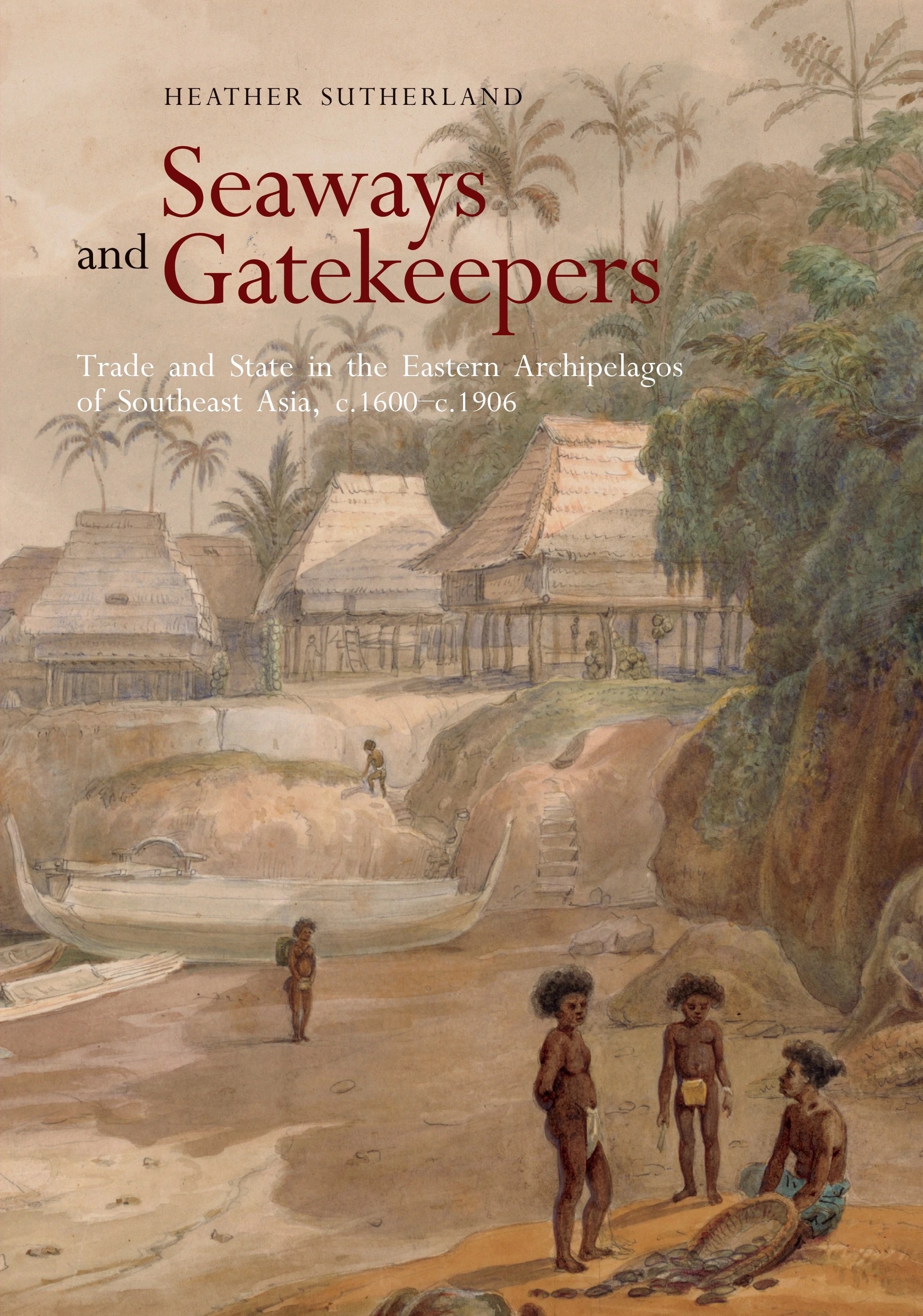Seaways and Gatekeepers: Trade and State in the Eastern Archipelagos of Southeast Asia, c.1600–c.1906
"A brilliant re-imagining of how people thought and lived, with a dazzling command of the sources. The book transforms the way we see the past of island Southeast Asia." – Campbell Macknight, Australian National University
"This is a scholarly tour de force... It distils a lifetime of research into a revealing account of a vitally important part of our planet." - James Fox, Australian National University
The eastern archipelagos of Southeast Asia stretch from Mindanao and Sulu in the north to Bali in the southwest and New Guinea in the southeast. Many of their inhabitants are regarded as “people without history”, while colonial borders cut across shared underlying patterns of relations. Yet many of these societies were linked to trans-oceanic trading systems for millennia. Indeed, some of the world’s most prized commodities once came from territories which were either “stateless” or under the tenuous control of loosely structured polities in this region.
Trade provides the integrating framework for local and regional histories that cover more than 300 years, from the late 16th century to the beginning of the 20th, when new technologies and changing markets signaled Western dominance. The introduction considers theories from the social sciences and economics which can help liberate writers from dependence on states as narrative frameworks.
"This is a scholarly tour de force... It distils a lifetime of research into a revealing account of a vitally important part of our planet." - James Fox, Australian National University
The eastern archipelagos of Southeast Asia stretch from Mindanao and Sulu in the north to Bali in the southwest and New Guinea in the southeast. Many of their inhabitants are regarded as “people without history”, while colonial borders cut across shared underlying patterns of relations. Yet many of these societies were linked to trans-oceanic trading systems for millennia. Indeed, some of the world’s most prized commodities once came from territories which were either “stateless” or under the tenuous control of loosely structured polities in this region.
Trade provides the integrating framework for local and regional histories that cover more than 300 years, from the late 16th century to the beginning of the 20th, when new technologies and changing markets signaled Western dominance. The introduction considers theories from the social sciences and economics which can help liberate writers from dependence on states as narrative frameworks.

Publisher
NUS Press
ISBN
9789813251229
Publication date
1 Jan 2021 – 31 Dec 2021
Specialisation
Humanities
Theme
Society
History
Economy
Region
Southeast Asia
Indonesia
Timor